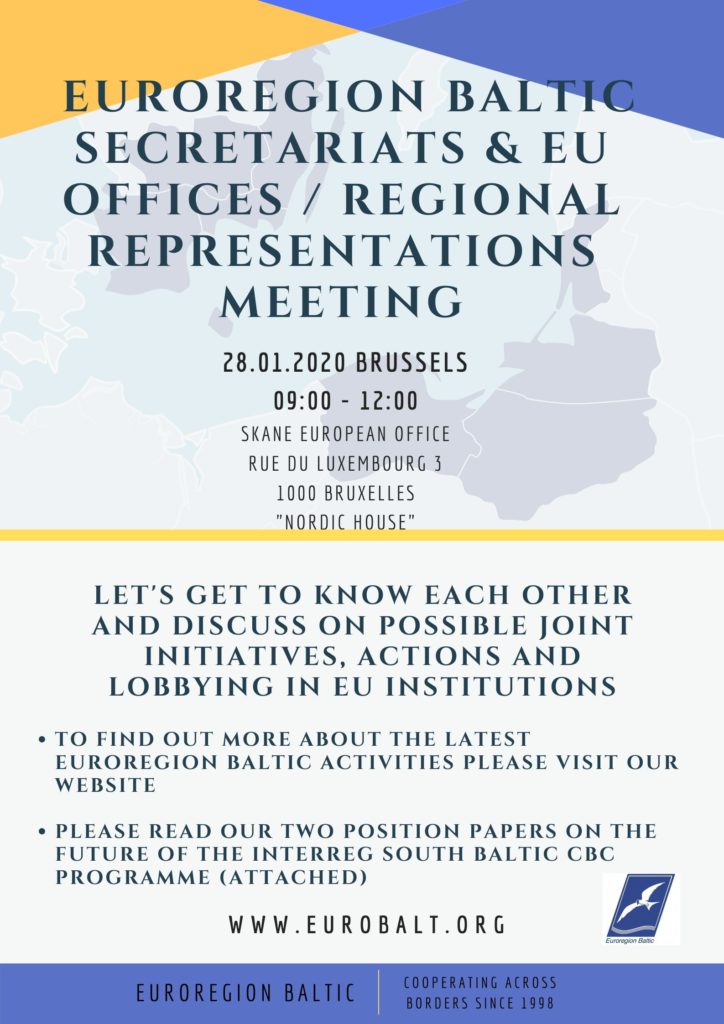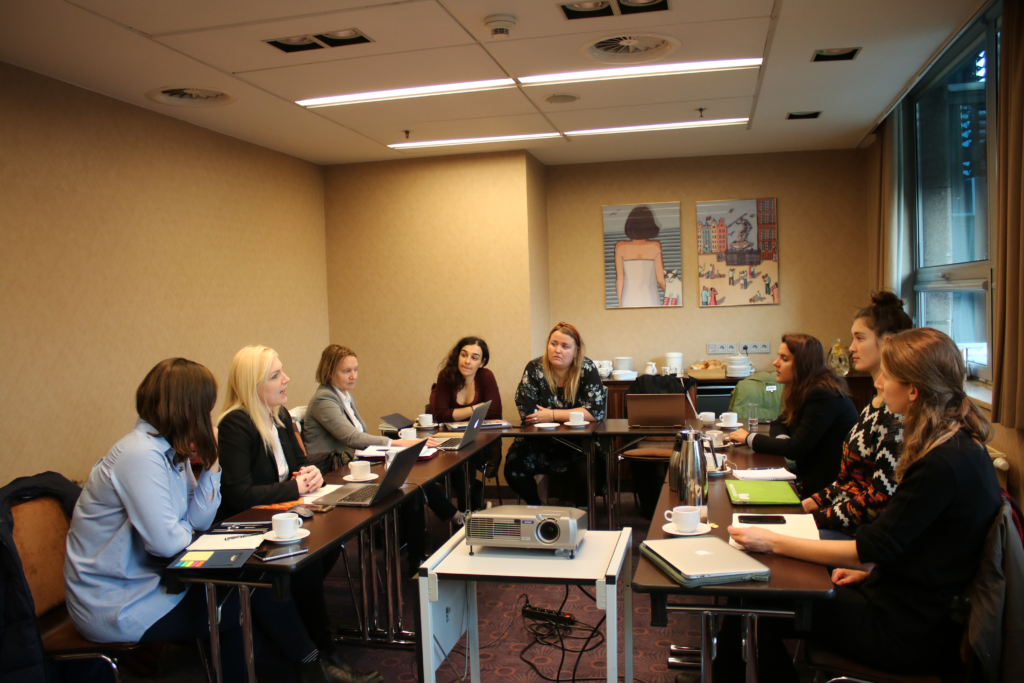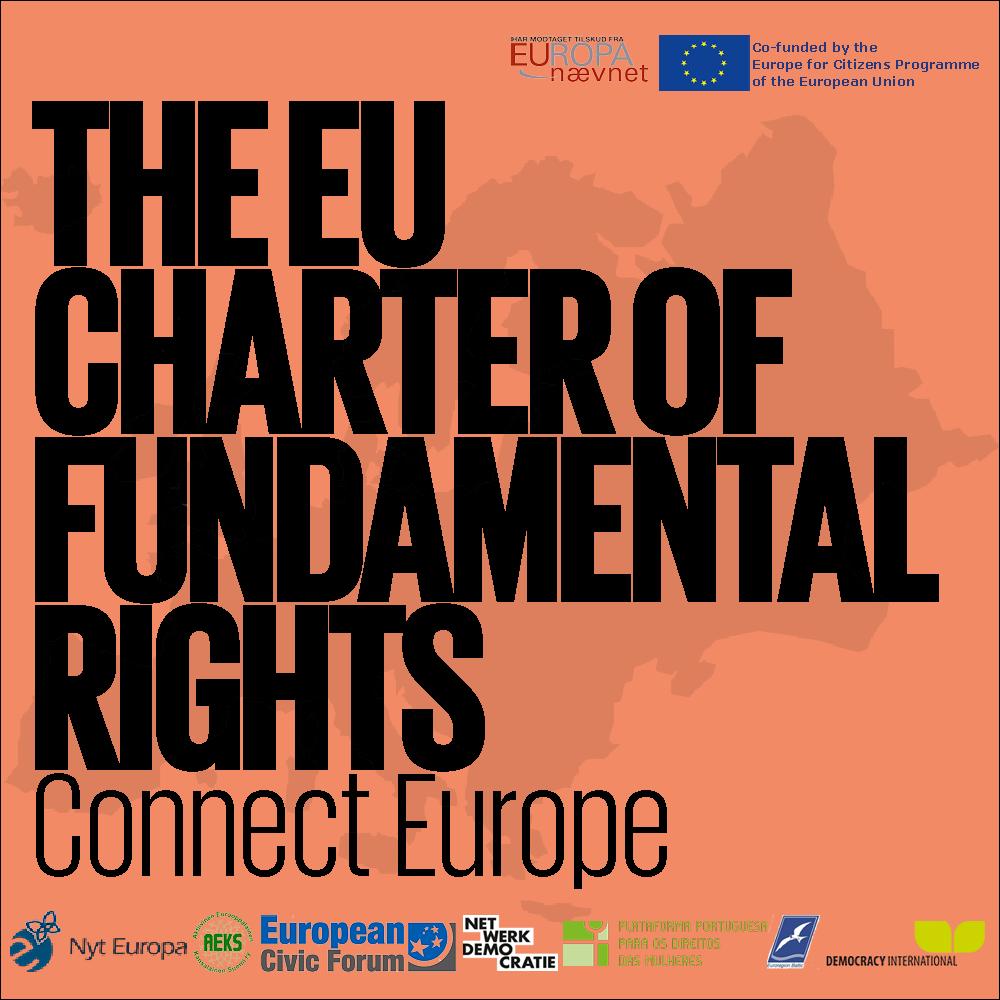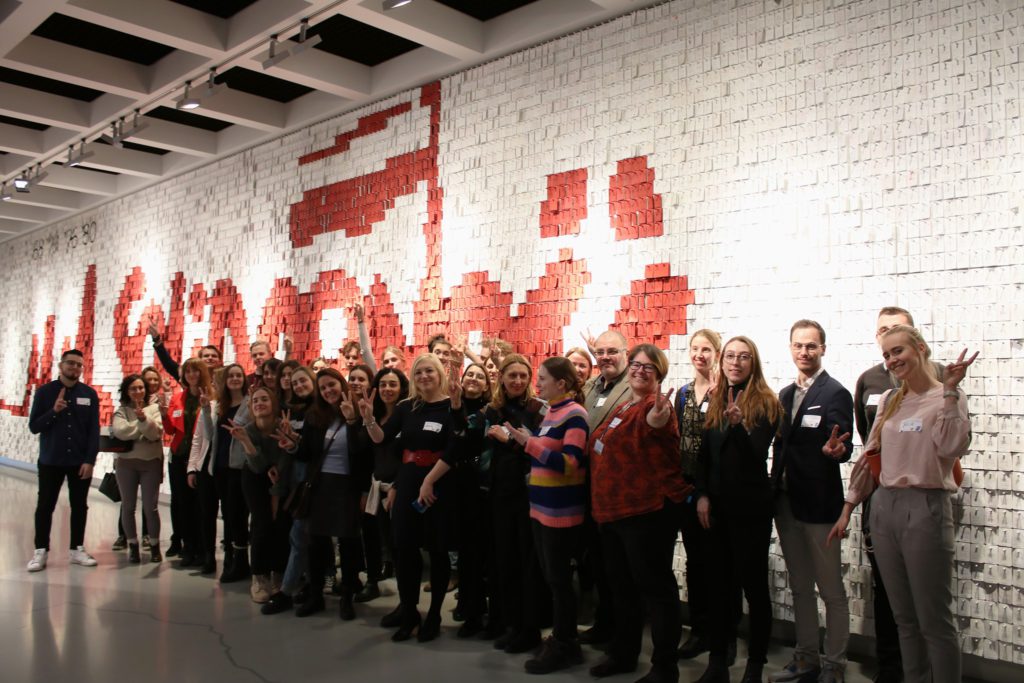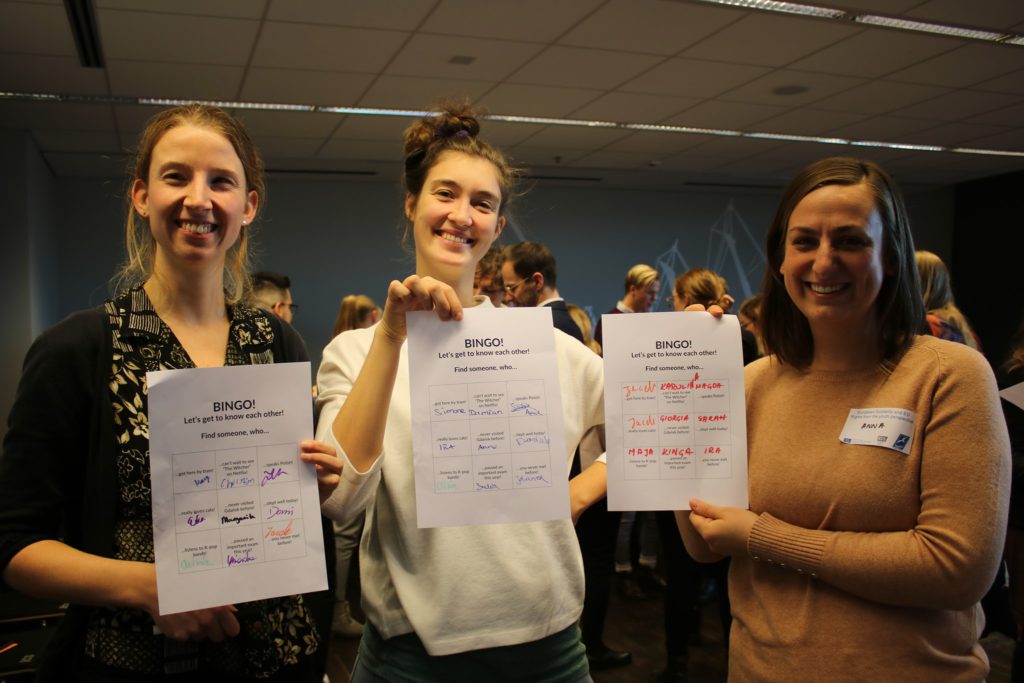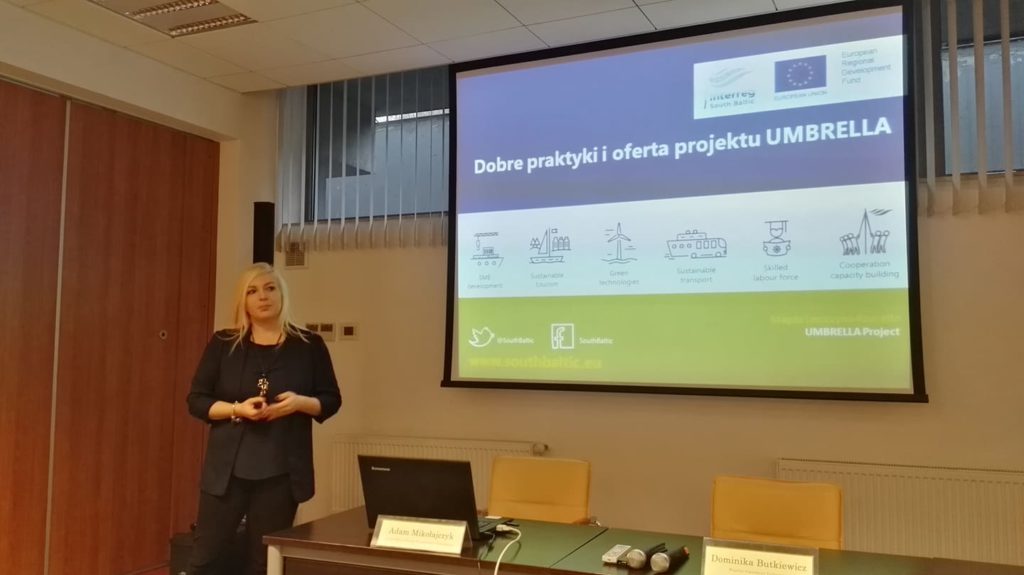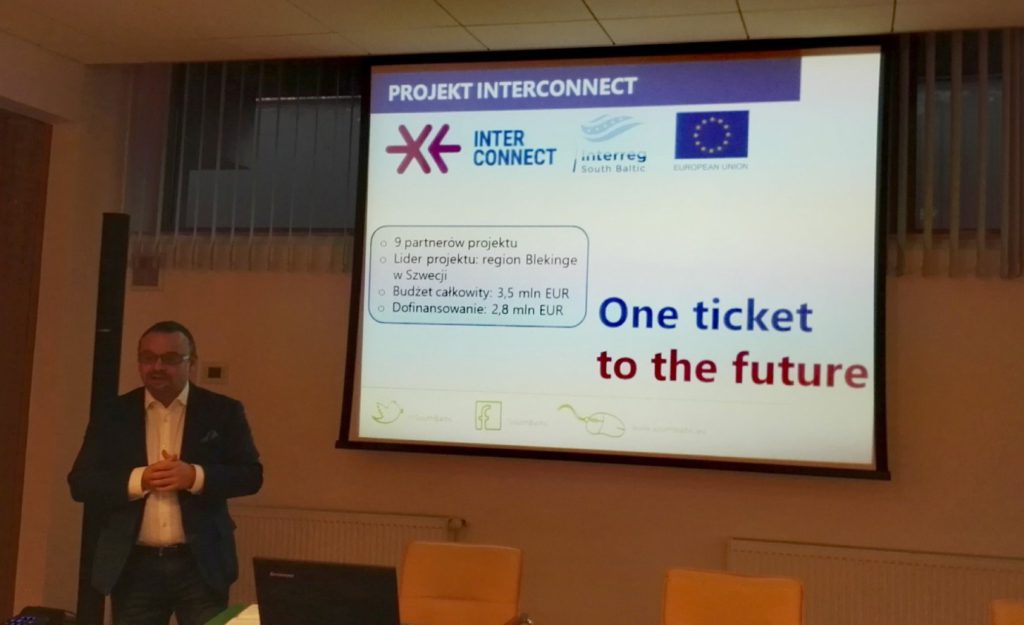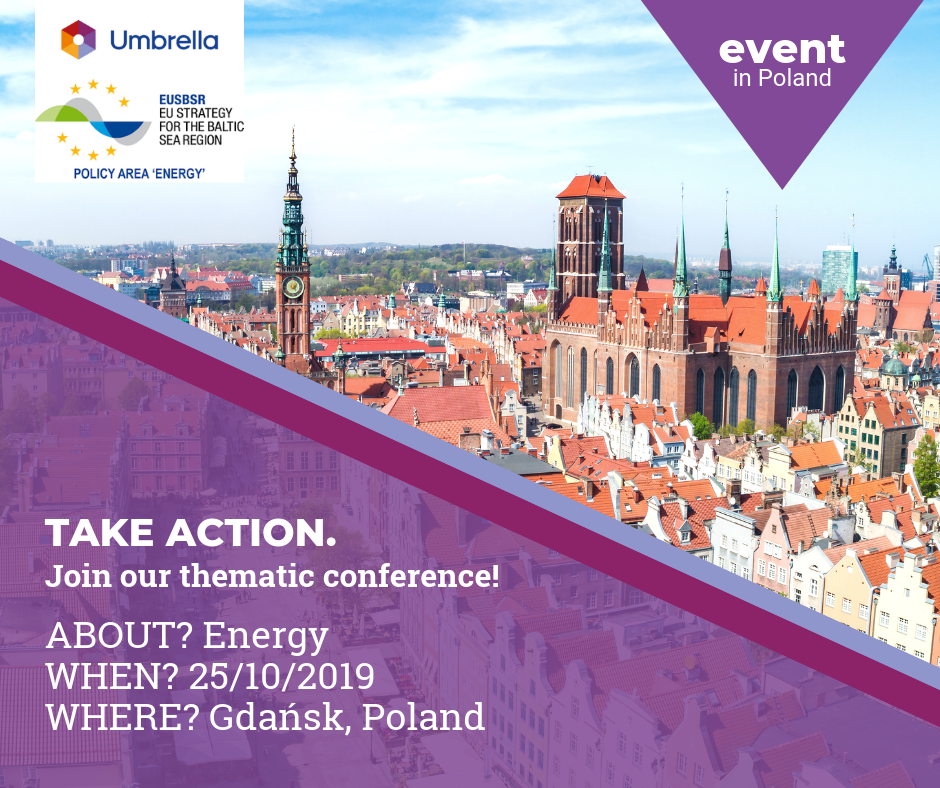On 25th February 2021, Euroregion Baltic Executive Board met for the 1st time in 2021. Over 35 ERB Boad Members, Youth Board Members, ERB Secretariat representatives and guests from Water Core Group and Mobility Core Group met to summarize ERB activities in 2020, change the ERB presidency from Poland to Sweden and hear about the ERB priorities and Action Plan for 2021.
The meeting started with the approval of the ERB Annual Report 2020 and the Annual Budget for 2020. A report detailing the activities implemented within ERB cooperation in 2020 was delivered by Ms Leszczyna-Rzucidło, Head of ERB International Secretariat in cooperation with the Presidency held in 2020 by the Association of Polish Communes Euroregion Baltic.
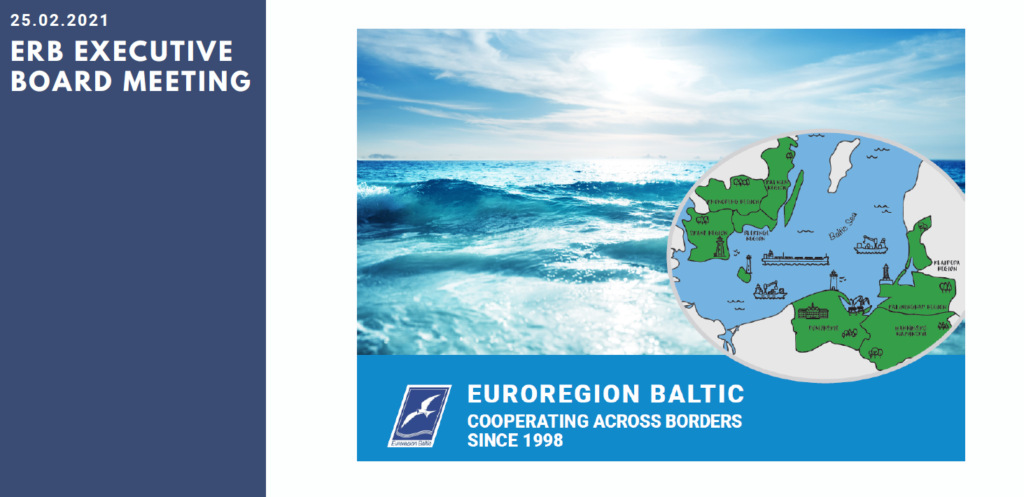
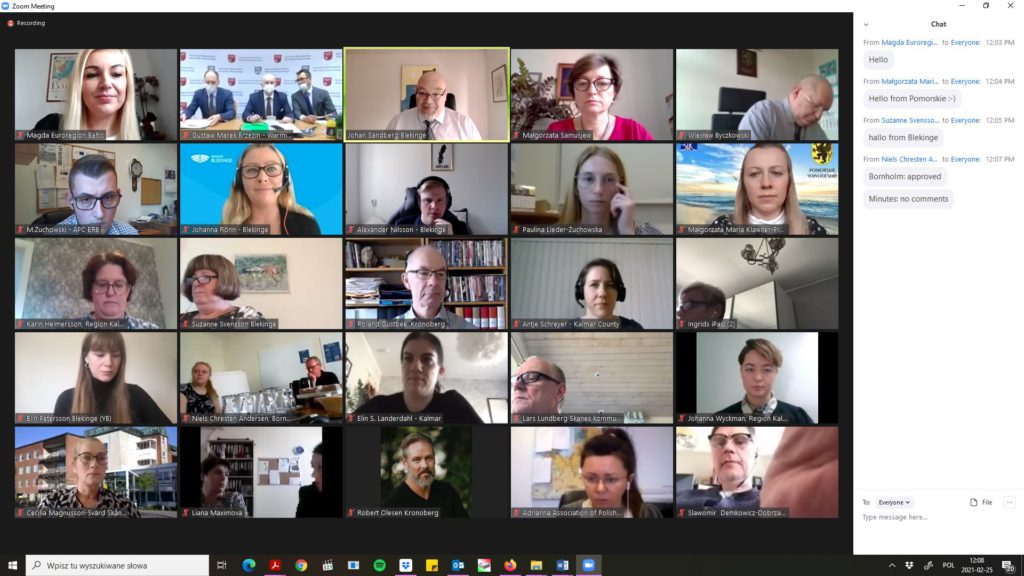
This was followed by the transfer of the ERB Presidency from Poland to Sweden. With the decision of the ERB Executive Board of 21st Feb 2011 and later in September 2019, approving the sequence of ERB Presidency transfers, the ERB Presidency will be transferred from Poland – Association of Polish Communes Euroregion Baltic to Region Blekinge, Sweden.
By the ERB Board decision, Mr Johan Sandberg, Member of ERB Executive Board, Chair of the Regional Development Board assumed the position of ERB President in 2021.

At the same time, the ERB Vice President’s position was assumed by Mr Gustaw Marek Brzezin, Marshal of Warmia and Masuria Region. Warmia and Masuria region will Lead the ERB in 2022. Since its foundation, Euroregion Baltic understood the importance of making use of EU opportunities to ensure the implementation of projects that could help the objectives of economic growth in the region: industry, agriculture, transport, communication, spatial planning, environmental protection, cooperation in the fields of science, education, tourism, health care, etc. The Euroregion’s mission is to undertake joint initiatives aiming at strengthening and promoting cooperation among the local and regional authorities of the Parties of the Agreement, as well as contributing to the sustainable development of the Baltic Sea Region, with particular focus on the South Baltic area.
The ERB 2030 Agenda builds on the achievements of the first 20 years of successful cooperation and provides an updated strategic framework by defining Euroregion Baltic’s vision:
– South Baltic Agenda
– Baltic Sea Region Agenda
– European Agenda
– Youth and People-to-People Agenda
– Blue and Green Growth Agenda.
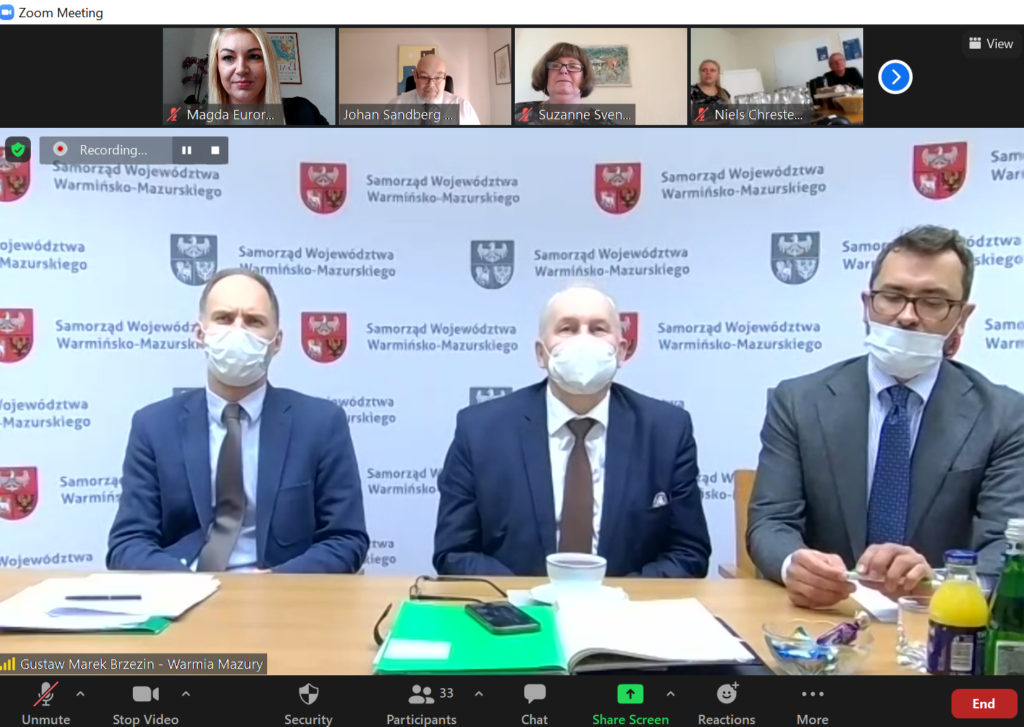
Ms Johanna Ronn from Blekinge Region presented the priorities of the Swedish presidency. These are:
- EU-funds for the South Baltic area. To continue the role with Euroregion Baltic as an active part in the programming process representing its member regions and initiating joint discussions regarding possibilities for project preparations financed by the same programme.
- Sustainable Mobility. Establishment of the Mobility Core Group with a focus on joint actions for improved sustainable mobility within the Euroregion Baltic and South Baltic regions
- Sustainable and Innovative Tourism cooperation. To investigate the potential for Euroregion Baltic regions to participate in current tourism networks and project initiatives and explore the potential for new and/or deepened cooperation.
- Capacity Building and people to people activities. Concerning the up-coming new program period for EU-funds Euroregion Baltic, it has a vital role to be a facilitator and act as an intermediator for local organisations (especially newcomers), NGOs and youth organisations’ possibilities to establish contacts for cross-border cooperation in our regions.
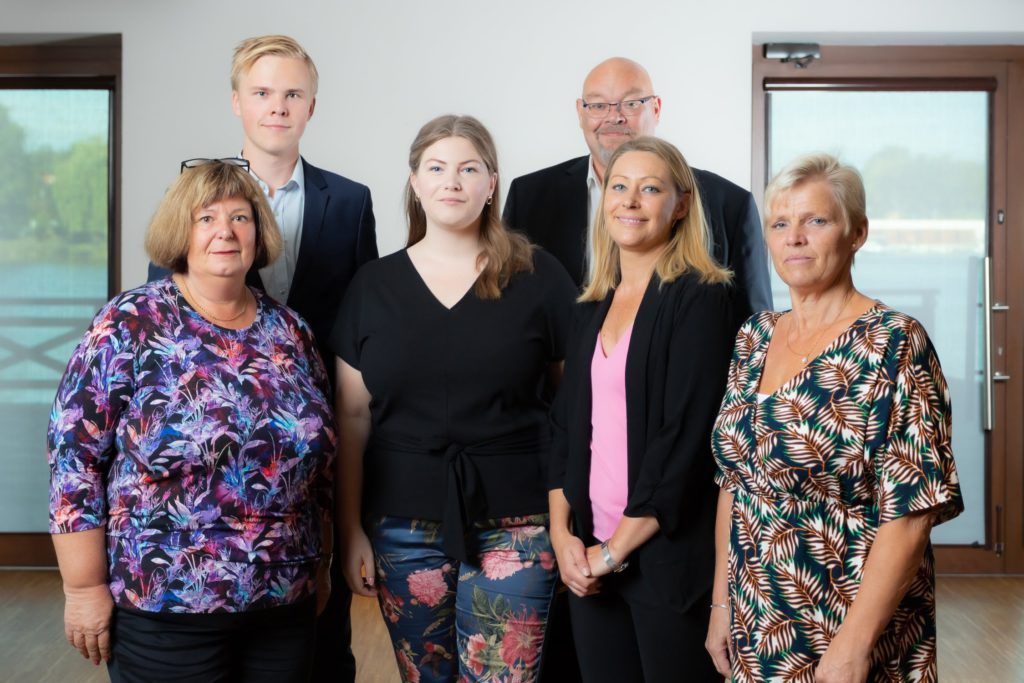
The next point in the agenda was information about the transfer of ERB Youth Board Presidency. Ms Julia Orluk, ERB Youth Board Chairwoman in 2019-2020, presented information about the elections in the Euroregion Baltic Youth Board and introduced the new Chairwoman of the ERB YB. On 19th Feb 2021 Johanna Wyckman from Kalmar Region, Sweden, was elected the new ERB YB Chairwoman. At the same time, Ms Małgorzata Lewandowska from the Pomorskie region became the ERB YB Vice-Chairwoman. This information was followed by a presentation by Johanna Wyckamn on the ERB YB activities in 2021 and plans for ERB YB engagement in 2021.
ERB Youth Board main goals are to provide the opportunity for the youth to
be involved in the ERB activities, act as a voice of youth in the ERB, increase interaction between regional authorities and the youth, encourage closer cooperation between the youth and local government, eliminate culturally prejudice and facilitate youth mobility.
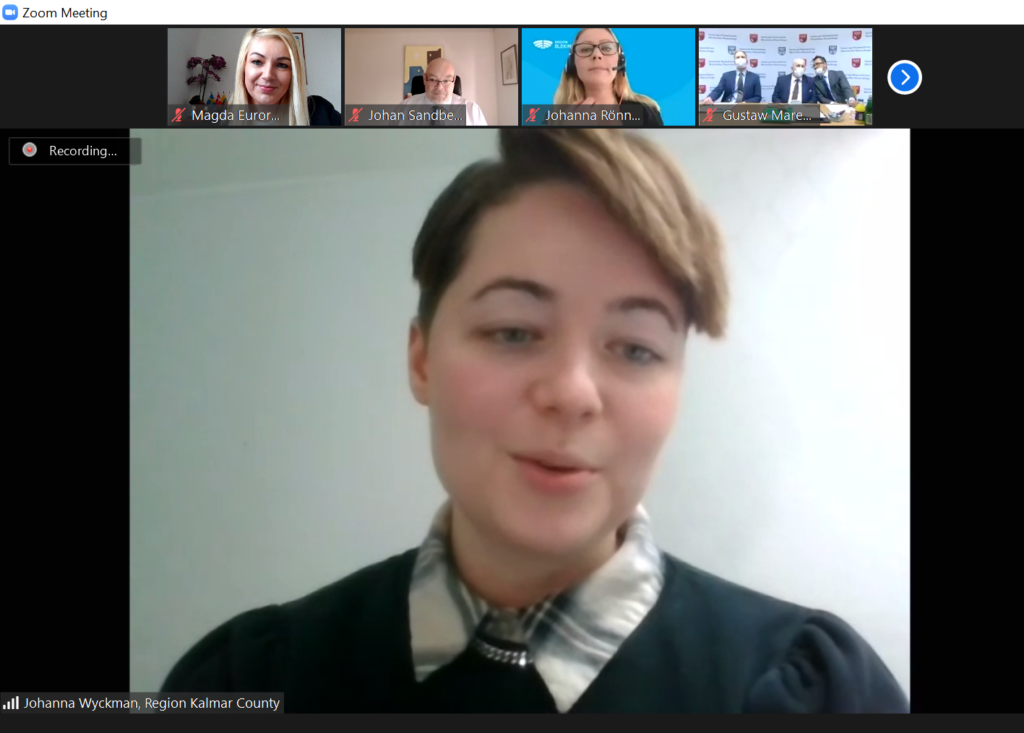
Head of the IPS, together with Johanna Ronn from the Blekinge region presented the Action Plan for 2021 and a set of activities foreseen for the ERB in the upcoming months. After the discussion among the ERB Board Members, the Action Plan 2021 and Budget for 2021 were both adopted by the Board. This information was followed by the summary of international projects with ERB engagement and reports from the Water Core Group and the newly established Mobility Core Group (Mr Mattias Andersson).
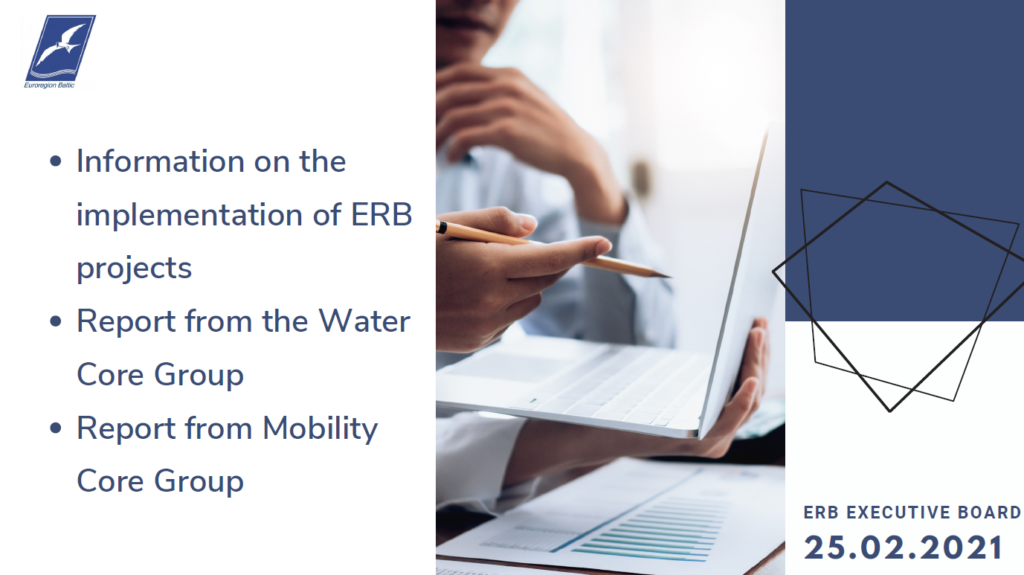
The next ERB Executive Board meeting are planned for: 25-26 May 2021 (Blekinge Region) and 6th Oct 2021 (Kaliningrad Region).
